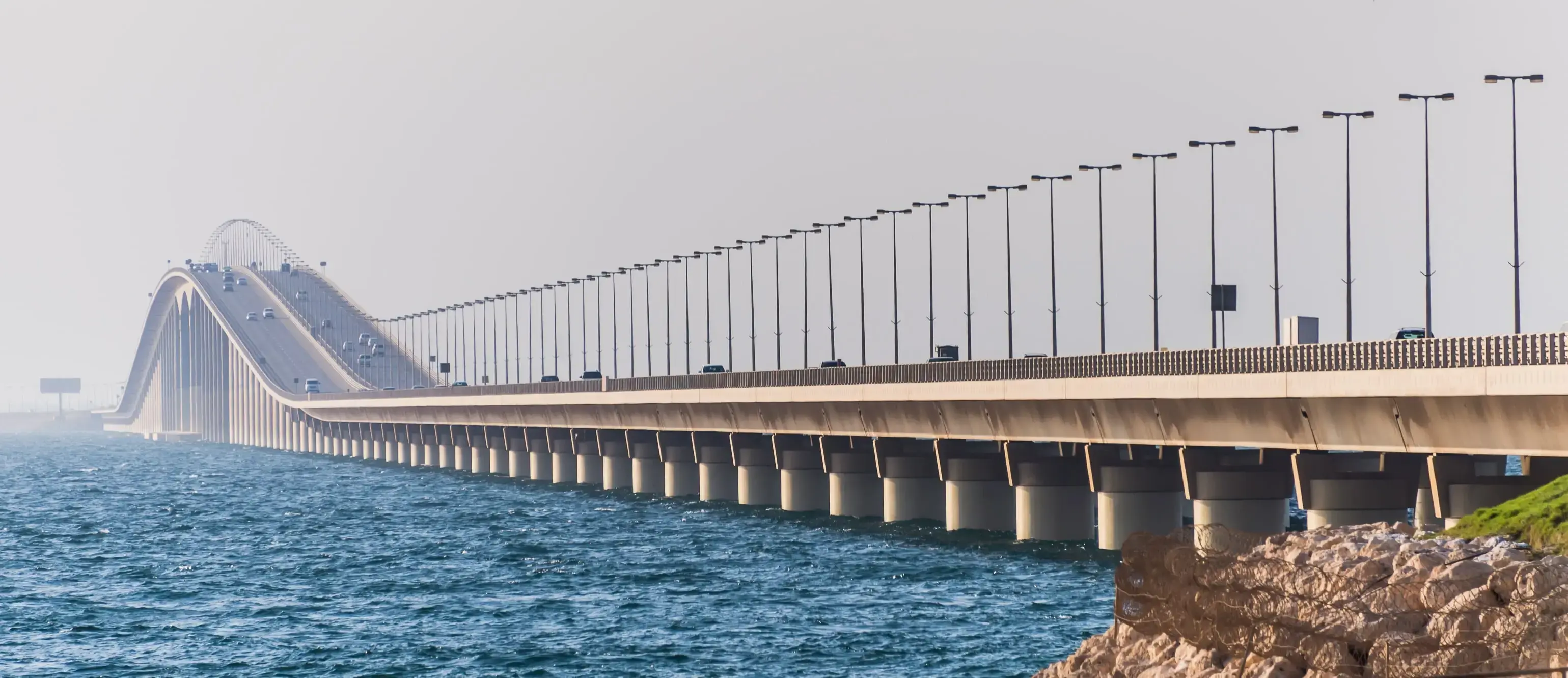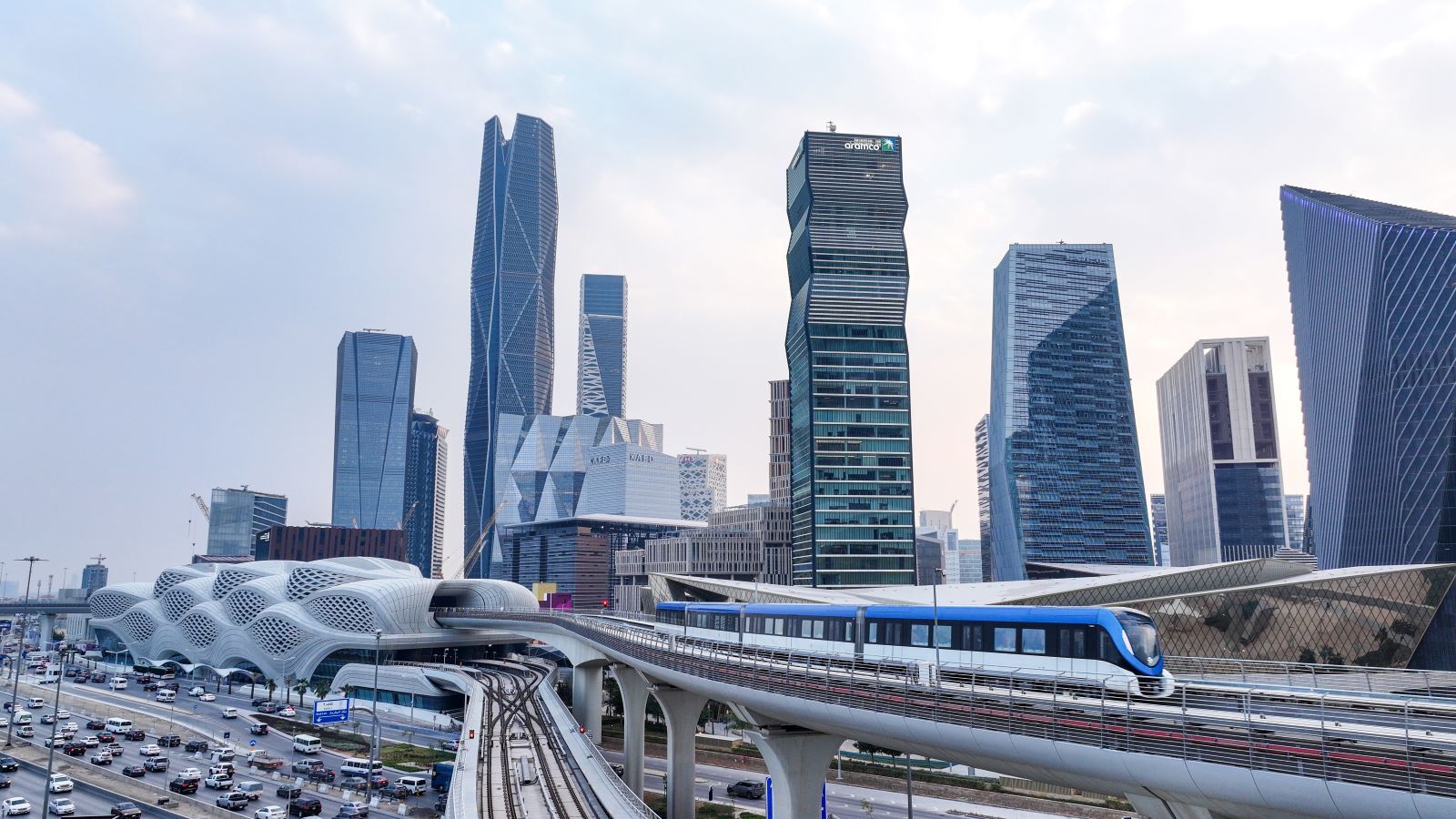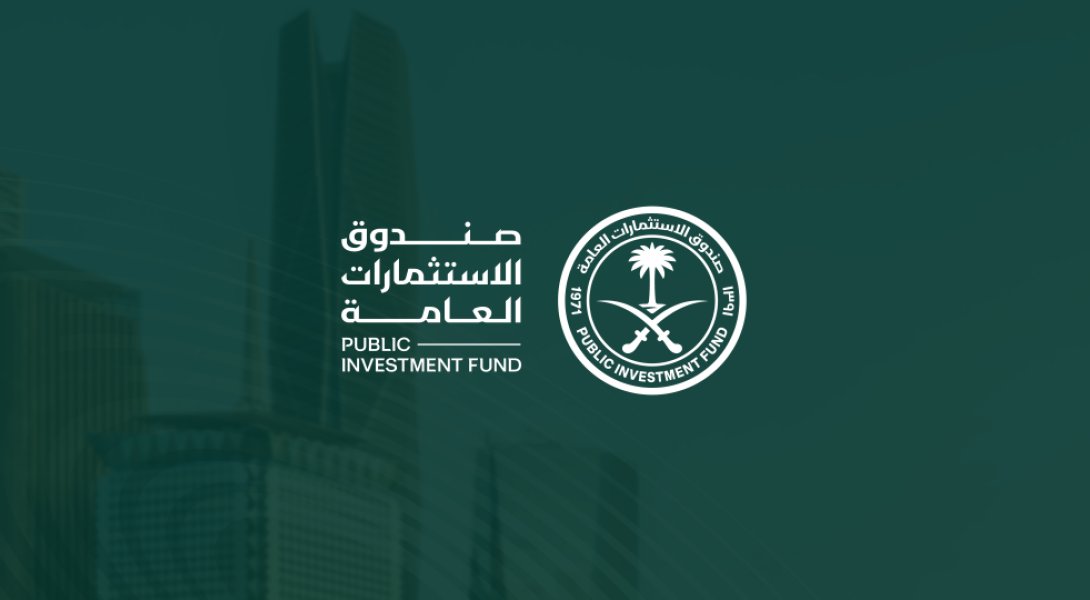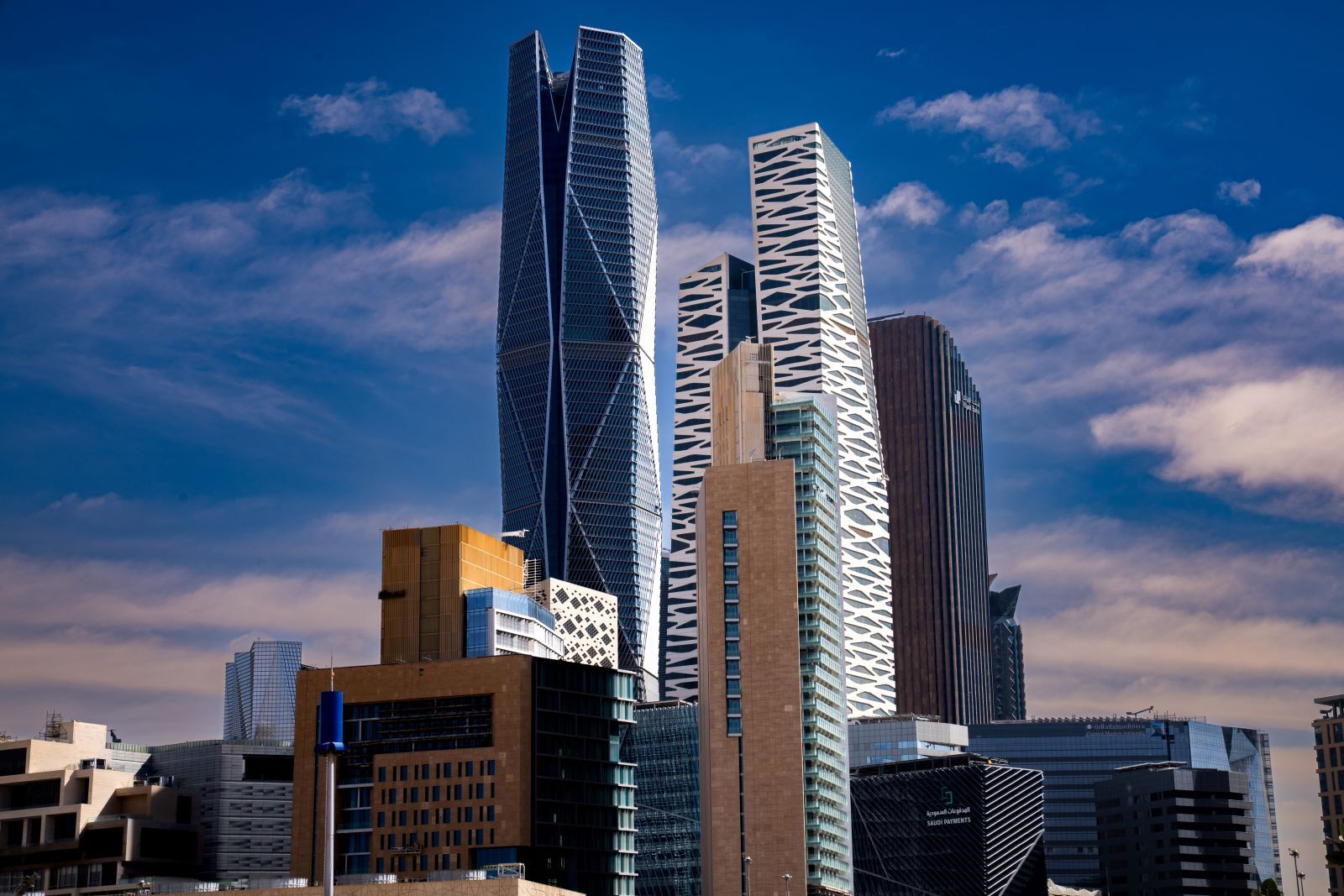A prospective analysis of the current state of the transportation industry in the Kingdom of Saudi Arabia.

The Kingdom of Saudi Arabia places significant emphasis on the transportation sector, recognizing its crucial role in aligning with the future goals of Vision 2030. The country is actively enhancing diverse transportation methods, expanding their coverage across the national landscape. Furthermore, efforts are underway to enhance international transportation links, facilitating economic goods transport and the provision of services between domestic cities as well as connecting Saudi Arabia with the global community.
The tourism sector in Saudi Arabia benefits significantly from the transportation industry, serving as a crucial link connecting key cities and tourist destinations. This not only streamlines the travel experience for tourists but also reduces the time and effort required. The various transportation modes, including land, sea, and air, are regarded as indicators of the country's advancement and cultural development, bridging extensive distances between desert expanses, coastal regions, and mountainous areas.
Based on supporting this reality, the Kingdom recently decided to invest about 427 billion dollars in developing the entire transportation sector, to increase effectiveness and keep pace with the next phase extending over the next 10 years, in cooperation with a number of countries and private companies, which is consistent with the Kingdom’s future strategy in Economic investment.
The transportation sector in Saudi Arabia is poised for significant developments, with a key project being the bus transportation services initiative. This project is designed to cater to approximately 6 million passengers annually, linking 200 cities and governorates through 76 distinct routes. Such an extensive network aims to facilitate faster and more convenient movement and access between these areas, adhering to the latest international standards.
The King Salman International Airport stands out as a crucial global project, surpassing significance not only within the Kingdom but on a worldwide scale. Spanning an expansive 57 square kilometers, it is set to become one of the largest airports globally. Dedicated to accommodating both passengers and cargo, its establishment positions Riyadh among the top 10 largest economic cities globally. The airport's design aligns with the highest standards of sustainability, emphasizing the incorporation of renewable energies in its operations.
The focus on enhancing this crucial sector aligns with the current economic resurgence in Saudi Arabia. This period is marked by numerous significant projects that serve as indicators of the investment landscape for the upcoming years. These projects include residential cities, universities, shopping centers, hospitals, and various public facilities that demand exceptional service facilitated by a contemporary transportation network known for its top-notch quality and sustainability standards.



